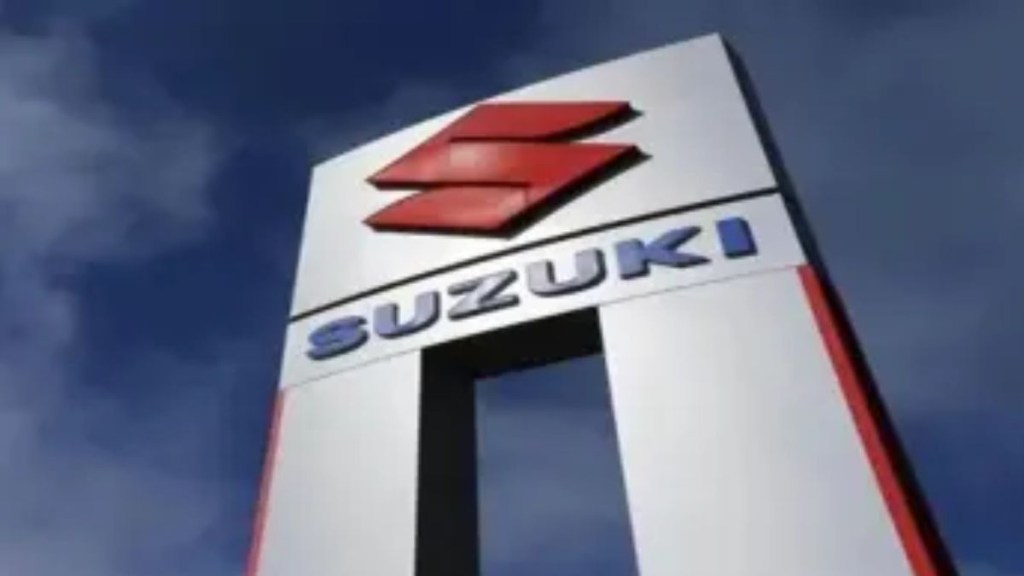India will require more than just electric vehicles to meet the consumer’s mobility needs which are very diverse and cannot be met by depending just on battery vehicle technology, a top official of Suzuki Motor Corporation said.
This guidance from the parent company of Maruti Suzuki, the car market leader in India, comes at a time when almost all the large automakers like Tata Motors and Mahindra & Mahindra are singularly focussing on making electric vehicles the only future.
The Government of India has steadfastly backed electrification of the automobile market to reduce its dependence on imported oil and push for greater degree of localisation of components such as battery and cells for EVs.
Speaking on the sidelines of the Auto Expo, Toshihiro Suzuki, representative director and president Suzuki Motor Corporation, said, “The solution can’t be just electric. SMC does not want to get restricted only with the EV option. Although the focus is on EVs internationally, looking at the power supply situation in India, it should have many other options.”
SMC has spoken about getting solutions like improving the mileage of gasoline-powered vehicles, hybrids, ethanol-powered vehicles to the extent of E80 (80% ethanol blending in the fuel) and CNG-powered vehicles.
Maruti Suzuki and Toyota have defied the broader market trend by being the only mass-market players to enter with hybrid vehicles despite there being no favourable taxation policy on such vehicles.
Hybrids are taxed at the same level as petrol and diesel vehicles though they are known to deliver relatively better mileage. But the GST on electric vehicles is at the lowest level compared to other vehicle segments.
Responding to FE, Suzuki added that the taxation policy of India is impacting the fuels and technologies. “The taxation policy is going to impact the penetration of the hybrid vehicles, ethanol vehicles and CNG vehicles. SMC would like to discuss with the Indian government about which form of technology is best suited for India.”
Though in India there is a progression to bigger cars from smaller hatchbacks, Suzuki added that since the car penetration level in India is so low, the future demand is still expected to be strong. MSIL will be tasked to look for deeper penetration for market expansion, said Suzuki.
“If you replicate the natural progression of a telephone in the auto industry then the future might not require huge cars. It can be only the small cars which can support mobility needs. India is right now third on the list of biggest car markets in the world, but soon there could be a time that India could be number one,” Suzuki added.



















